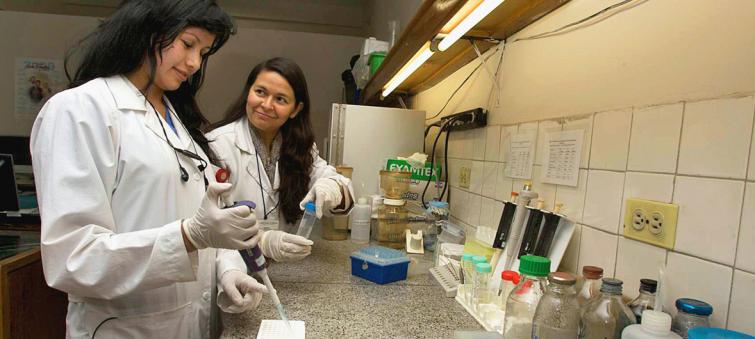
Tackle ‘unacceptable inequalities’ in cancer care, saving up to seven million lives, WHO urges
New York/IBNS: Global cancer rates could rise by 60 per cent over the next 20 years unless cancer care is ramped up in low- and middle-income countries, the World Health Organization (WHO) has warned.
Less than 15 per cent of these nations offer comprehensive cancer treatment services through their public health systems, compared with more than 90 per cent among their richer counterparts, according to the UN agency.
“At least 7 million lives could be saved over the next decade, by identifying the most appropriate science for each country situation, by basing strong cancer responses on universal health coverage, and by mobilizing different stakeholders to work together”, said WHO Director-General Tedros Adhanom Ghebreyesus.
Ahead of World Cancer Day this Tuesday (4 February), WHO and it’s specialized International Agency for Research on Cancer (IARC) have released two reports: one aimed at setting the global agenda on the disease; the other focused on research and prevention.
Cancer should not be a ‘death sentence’
The reports highlight numerous proven interventions such as controlling tobacco use, which is responsible for a quarter of all cancer deaths; vaccinating against hepatitis B to prevent liver cancer; and eliminating cervical cancer by vaccinating against HPV.
“This is a wake-up call to all of us to tackle the unacceptable inequalities between cancer services in rich and poor countries,” said WHO’s Dr. Ren Minghui, Assistant Director-General, overseeing Universal Health Coverage policy as well as communicable and noncommunicable diseases.
“If people have access to primary care and referral systems then cancer can be detected early, treated effectively and cured. Cancer should not be a death sentence for anyone, anywhere.”
Better treatment saves lives
While the reports show that progress can be achieved, the challenge will be for countries to select cancer treatments taking into consideration cost, feasibility and effectiveness.
Dr. Elisabete Weiderpass, the IARC Director, observed that there have been “tremendous advances” in cancer research over the past five decades, leading to a reduction in deaths.
She said: “High-income countries have adopted prevention, early diagnosis and screening programmes, which together with better treatment, have contributed to an estimated 20 per cent reduction in the probability of premature mortality between 2000 and 2015, but low-income countries only saw a reduction of five per cent. We need to see everyone benefitting equally.”
Support Our Journalism
We cannot do without you.. your contribution supports unbiased journalism
IBNS is not driven by any ism- not wokeism, not racism, not skewed secularism, not hyper right-wing or left liberal ideals, nor by any hardline religious beliefs or hyper nationalism. We want to serve you good old objective news, as they are. We do not judge or preach. We let people decide for themselves. We only try to present factual and well-sourced news.







